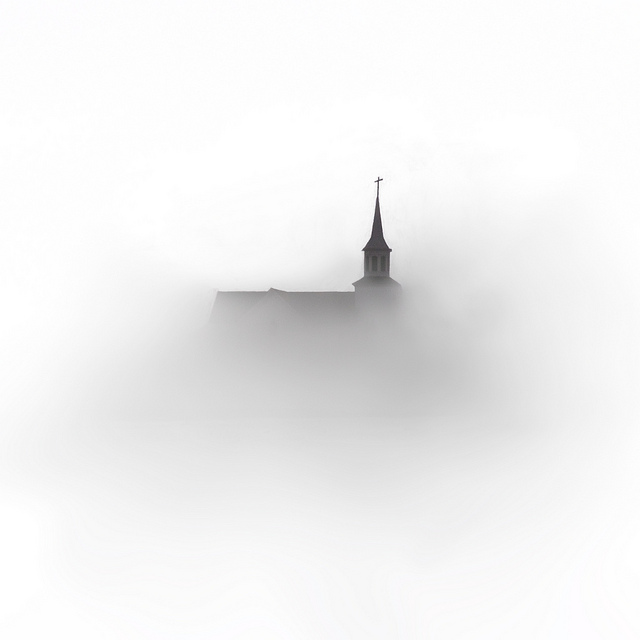Earlier this week, I wrote about Pew’s latest American religious landscape survey, which revealed the continuing rise of secularism among the “nones”. But what are we to make of the unaffiliated who don’t consider themselves atheist or agnostic?
That’s the subject of my latest column on the Guardian, Many non-religious people still believe in God – what is that all about? In it, I analyze the beliefs of the religious “nones” and discuss what, if anything, they really have in common. To find out more, read the excerpt below, then click through to the full piece:
To make the flattening statement that 89% of Americans profess “belief in God” does a disservice to the country’s bewildering tangle of theological complexity. Some people believe in a personal, intervening god as defined by a religious creed. Others believe in a deist god, a cosmic watchmaker who wound up the universe and then stepped back. Still others think of God as an impersonal cosmic force, as nature personified or as the even vaguer “ground of all being” posited by philosophers…
If you look beneath the surface, it’s easy to see that every major faith – even the dogmatic, creedal ones that present themselves as orderly ranks of orthodoxy – is a riotous diversity of clashing beliefs. What’s taught from the pulpit often has little connection with what members actually believe…
Continue reading on the Guardian.
Image credit: John Prassas, released under CC BY-SA 2.0 license
